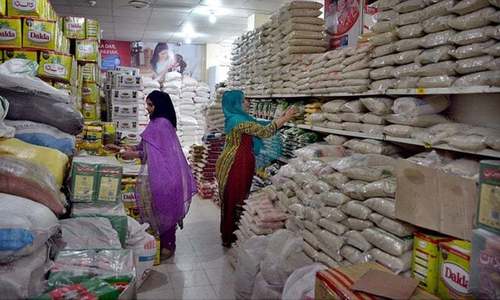
ISLAMABAD: The government is focusing on the availability of about 530,000 tonnes of certified seeds including 160,000 tonnes of rust-tolerant varieties for the 2021-22 wheat crop season, Minister for National Food Security and Research Fakhr Imam said on Thursday.
Chairing a meeting of the Agriculture Policy Institute (API) Committee on 2021-22 wheat crop, Mr Imam said that minimum support price for the next wheat crop would be announced before the start of the sowing season.
He said the government’s enhancement of minimum support price for 2020-21 crop from Rs1,400 to Rs1,800 had produced good results and helped the country achieve wheat production of 27.5 million tonnes.
A number of other factors also helped in achieving this historic production including favorable weather conditions, availability of 513,000 tonnes certified seeds along with fertilisers and irrigation water, he added.
Emphasising on the improved productivity, Mr Imam said that there was a need of paradigm shift in the yield of wheat crop as the country despite being eighth largest producer of wheat is still reeling at sixty-fourth position in terms of productivity at the global level. Small holders will only be able to grow wheat if the quality inputs are timely available and in the range of farmer’s access, he said.
Speaking about the alarming trend of increasing prices of DAP fertiliser – which has increased to about Rs7,500 – Mr Imam said this was a cause of serious concern for the government. The government will ensure that fertiliser remain available to farmers at accessible prices particularly the small growers, the minister said.
He stressed on establishing linkages between the scientists and farmers mainly to minimise the gap between the results of research farms with that of the actual field. “We have one of the best basins in the world but still not able to feed our populations at the global standards of nutritional requirements,” he said.
API Director Abdul Karim presented the economic analysis based on various key factors of the crop such as short- and long-term growth trends in area, yield and production, the cost of production estimates, import parity prices, average market price in the post-harvest season, trends in regional minimum support prices during the last ten years, estimates of domestic requirements of wheat, world balance sheet and other important economic aspects of the crop.
Mr Imam said the government wished to formulate a policy where every stakeholder is heard and all concerns are addressed. He said that an informed policy will be made before the sowing season to enhance wheat productivity and overall production.
Published in Dawn, August 27th, 2021














































Dear visitor, the comments section is undergoing an overhaul and will return soon.